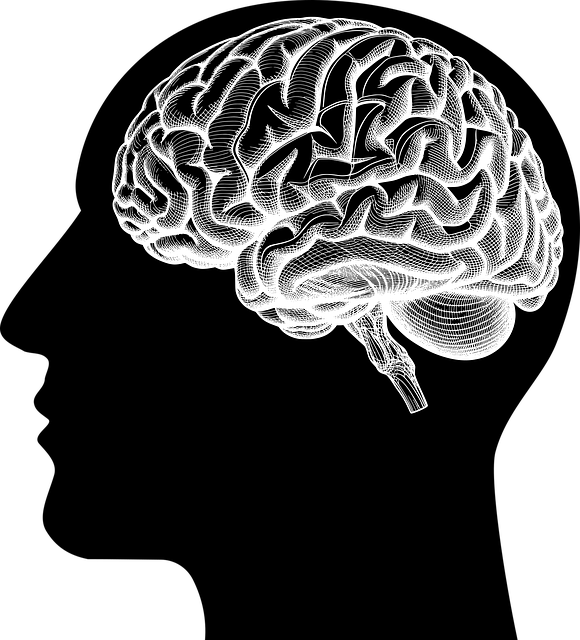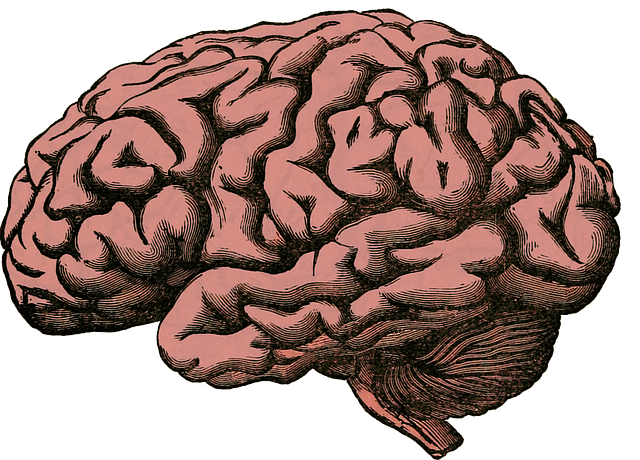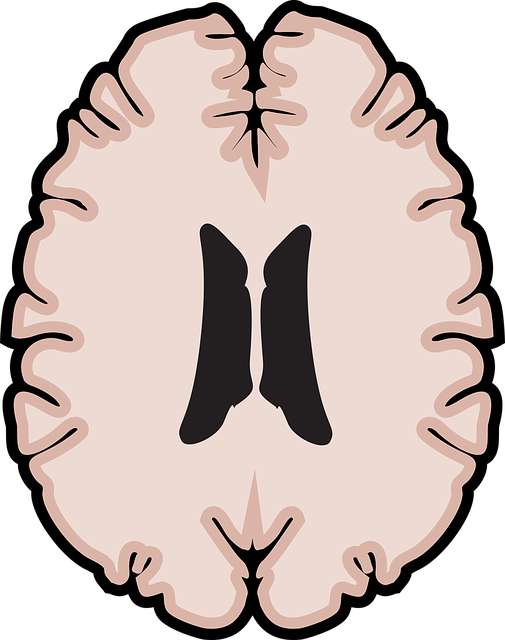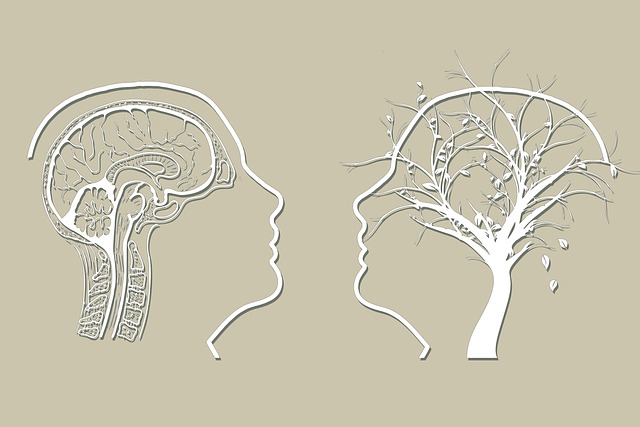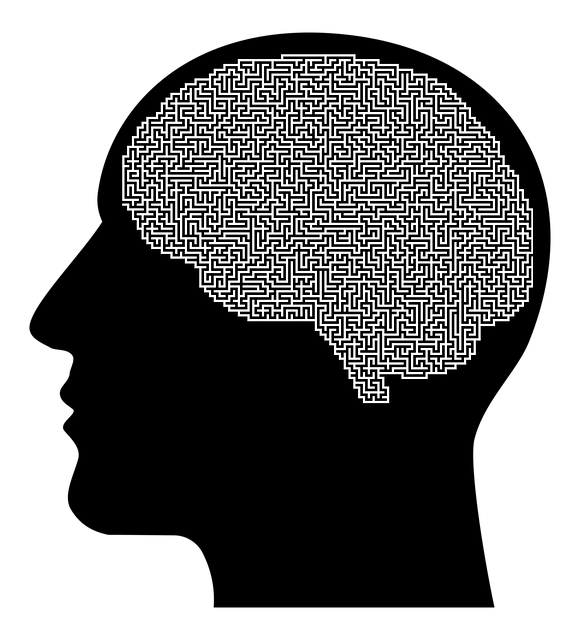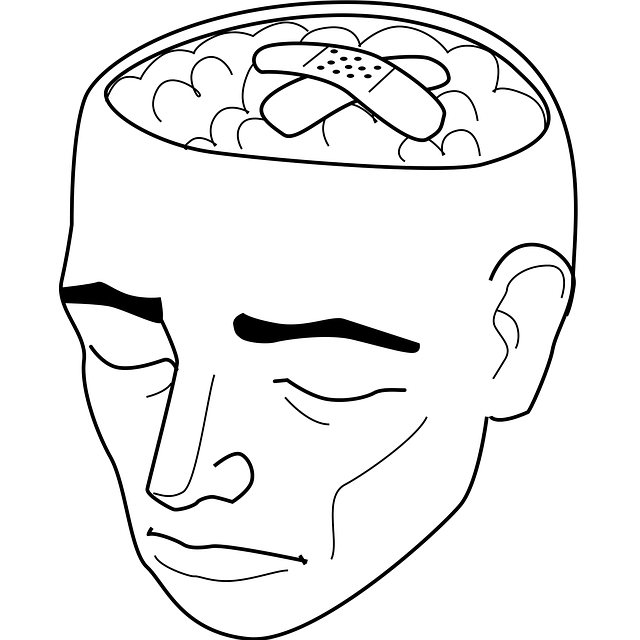Burnout among healthcare providers, especially therapists, is a growing concern impacting patient care quality. Early recognition of signs like emotional exhaustion, cynicism, and reduced efficacy is vital for prevention. Multiple factors contribute, including heavy caseloads, lack of control over workload, insufficient support systems, unclear role expectations, and personal life transitions. Lafayette Major Life Transitions Therapy offers tools to navigate these challenges, promote inner strength, and cultivate positive thinking through emotional intelligence and resilience building. A holistic approach combining policy reforms, supportive therapy, and resilient workplace cultures is necessary to mitigate burnout and enhance long-term well-being for healthcare providers.
Healthcare provider burnout is a growing concern, impacting both individual well-being and patient care. This article explores strategies to prevent burnout among healthcare workers, focusing on understanding its root causes and recognizing warning signs. We delve into comprehensive approaches, emphasizing self-care and organizational support. Additionally, we highlight the transformative power of therapy in navigating major life transitions, specifically tailored for burnout mitigation. By implementing these tactics, healthcare providers can foster resilience and maintain a fulfilling career in an increasingly demanding field, such as Lafayette Major Life Transitions Therapy offers.
- Understanding Burnout Among Healthcare Providers: Recognizing the Signs and Causes
- Implementing Effective Prevention Strategies: A Comprehensive Approach for Well-Being
- The Role of Therapy in Navigating Major Life Transitions: Strategies for Resiliency and Burnout Mitigation
Understanding Burnout Among Healthcare Providers: Recognizing the Signs and Causes

Burnout among healthcare providers is a growing concern, impacting not just individual therapists and doctors but also the quality of patient care. Recognizing burnout early is vital for effective prevention. Healthcare professionals often face intense work environments, long hours, and high-pressure situations, which can contribute to feelings of emotional exhaustion, cynicism, and reduced professional efficacy. These are key indicators of burnout, as defined by the World Health Organization (WHO).
The signs and causes of burnout are multifaceted. Therapists might experience a sense of detachment from their work, leading to decreased job satisfaction and performance. This can be attributed to various factors such as heavy caseloads, lack of control over workload, insufficient support systems, and unclear role expectations. Moreover, personal life transitions, including major changes in relationships or living situations, can exacerbate these issues. Lafayette Major Life Transitions Therapy offers valuable tools for navigating these challenges, promoting inner strength development, and cultivating positive thinking. Emotional intelligence is another crucial aspect; therapists with higher emotional intelligence are better equipped to manage stress and maintain a healthy work-life balance, which is essential in preventing burnout.
Implementing Effective Prevention Strategies: A Comprehensive Approach for Well-Being

Implementing effective prevention strategies is a comprehensive approach to addressing healthcare provider burnout. It involves a multi-faceted approach that goes beyond acute crisis management and aims to create a sustainable work environment that supports well-being. This includes integrating mental health policy analysis and advocacy into organizational decision-making, ensuring policies promote resilience building and emotional regulation among staff.
Lafayette Major Life Transitions Therapy can play a pivotal role in this process by offering specialized support for healthcare providers navigating significant career changes or personal challenges. By fostering open dialogue about burnout risks and providing tools for emotional management, these therapies contribute to a culture that prioritizes mental health. Ultimately, a holistic approach combining policy reforms, supportive therapy, and resilient workplace practices is key to mitigating burnout and enhancing the long-term well-being of healthcare providers.
The Role of Therapy in Navigating Major Life Transitions: Strategies for Resiliency and Burnout Mitigation

Navigating major life transitions can be a significant challenge for healthcare providers, who often juggle demanding workloads and high-stress environments. Lafayette Major Life Transitions Therapy offers a supportive space to process these changes and develop effective coping strategies. Through personalized guidance, therapists help professionals enhance their mental wellness, fostering resilience in the face of adversity.
Integrating practices like journaling and mindfulness exercises into daily routines can be instrumental in burnout prevention. These tools promote self-reflection, encourage healthy expression of emotions, and foster a deeper connection with one’s inner self. By prioritizing mental wellness and adopting evidence-based coping skills, healthcare providers can better manage stress, improve overall well-being, and mitigate the risk of depression during challenging life transitions.
Healthcare provider burnout is a pressing issue, but through comprehensive strategies that include recognizing signs and causes, implementing effective prevention plans, and leveraging therapy for major life transitions, it can be effectively mitigated. By adopting these practices, healthcare professionals in Lafayette can foster resilience and find balance, ensuring they are equipped to provide optimal patient care while maintaining their own well-being. Remember, burnout is a serious concern, but with the right tools and support, it’s preventable.


